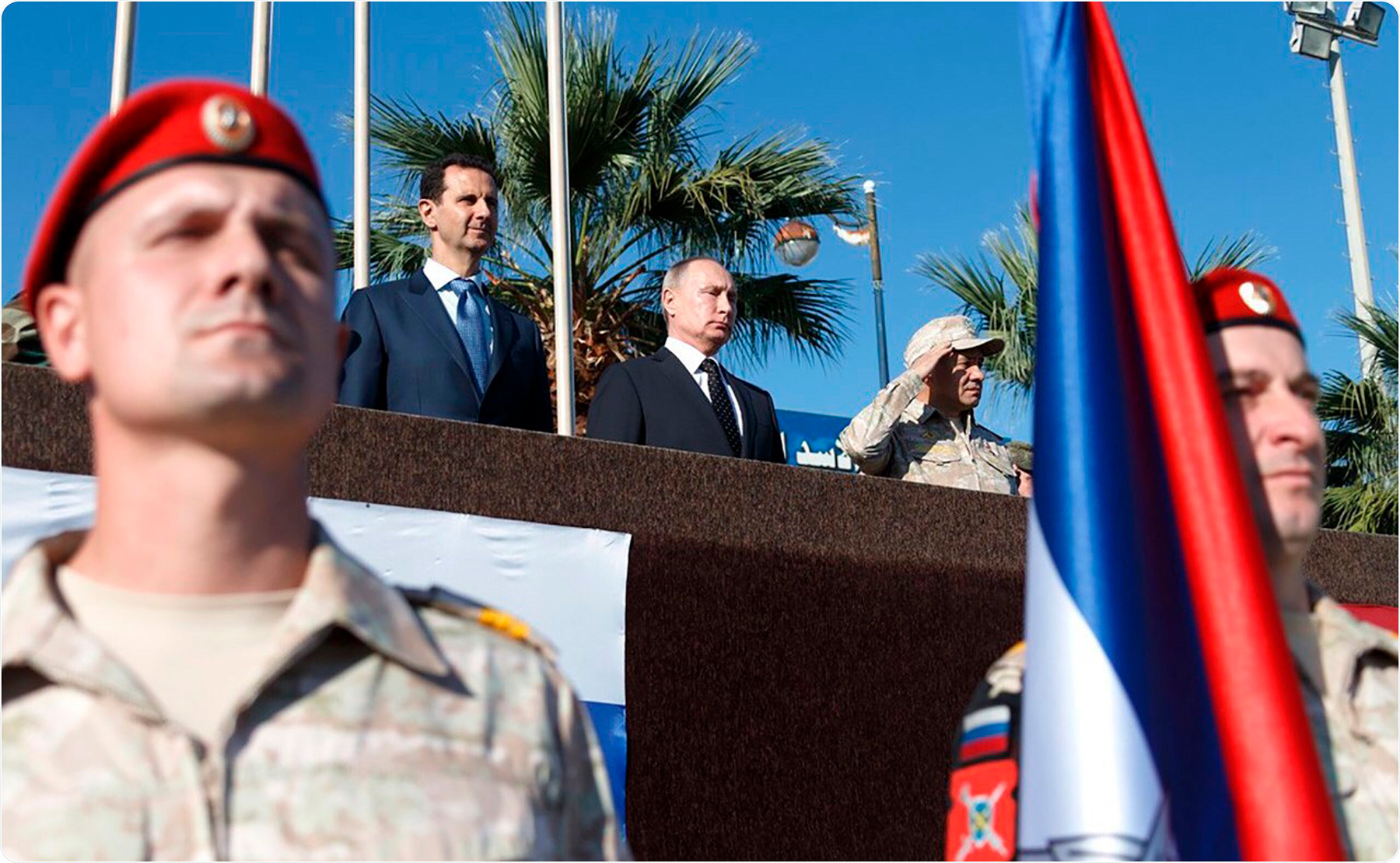On December 24, 202, the day marking the 70th anniversary of Libya’s independence, national elections were to be held in the country. During the elections, Libyans was to elect a new head of state. However, this event, although long-awaited among the Libyans, was once again not destined to come true. On December 22, the country’s High National Election Commission officially announced that the presidential elections would be postponed until January, 24.
On December 21, a meeting of Libyan presidential candidates was held in Benghazi, attended by Field Marshal Khalifa Haftar, former Minister of Internal Affairs Fathi Ali Bashagha, former Member of the Presidential Council Ahmed Maitieg, and several other contenders for the highest state office. According to the official statement, they agreed to join forces in addressing the problems and challenges facing Libya. However, when designing road maps for Libya and planning joint actions, one should take into account the interests of not only the largest political forces but also the interests of the small groups operating in the country.
The postponement of the elections provides an opportunity for the interim government, the High National Election Commission of Libya, and other authorities to prepare for their organization better. At the same time, there are some doubts that this can be done within the next month. Most likely, the elections will be postponed to an even later date. However, until a single authoritative law enforcement system is established, voting will be fraught with difficulties.
It is doubtful that if the electoral process is poorly organized, the elections will become a factor contributing to the consolidation of Libyan society. On the contrary, they can provoke a new round of violence. That is why it seems expedient to elect the head of a common Libyan state only on the condition that this event is perceived as a path to the formation of a just post-war system in Libya. One where the interests of as many Libyans as possible will be taken into account.
On December 24, 202, the day marking the 70th anniversary of Libya’s independence, national elections were to be held in the country. During the elections, Libyans was to elect a new head of state. However, this event, although long-awaited among the Libyans, was once again not destined to come true. On December 22, the country’s High National Election Commission officially announced that the presidential elections would be postponed until January, 24.
This news should be perceived rather positively. A categorical refusal to postpone the election process would be a much more negative scenario. Poor organizational preparation of the elections could lead to a new escalation.
The elections did not take place, with one of the reasons for this being no single security mechanism at polling stations.
Libya is controlled by hundreds of militia groups. Amid these conditions, no one could assume responsibility for ensuring security over the whole country. In just one recent example illustrating the situation in Libya, on the night of December 16, several armed groups mutinied in the country’s capital, trying to establish control over the area where government buildings are located.
Even if elections had been held, opposing militias would hardly recognize the outcome celebrating the will of Libyans in the parts of the country controlled by other groups. It is possible that the commander-in-chief of the Libyan National Army, Field Marshal Khalifa Haftar, and the Libyan House of Representatives would question the fairness of the vote count in Tripoli, Misrata, and Zawiya. Likewise, the Government of National Unity in Tripoli could disagree with the outcome of the elections held in some districts of Cyrenaica and Fezzan.
The reaction of external players as regards the outcome of the elections could become another factor of destabilization. This is especially true for the Republic of Turkey. The experience of recent years has shown that Ankara is ready to defend its interests in Libya up to military invention.
The UN believes that the elections in Libya should launch the process of a political settlement of the conflict. On December 16, UN Secretary-General António Guterres expressed his hope that the elections scheduled for December 24 would still take place. He claims that Special Adviser for Libya Stephanie Williams was then in Libya visiting all parts of the country to lay the conditions for an effective mediation for a possible consensus between the warring parties.
Political peace in Libya is possible; in today’s conditions, though, the resolutions of the participants in international conferences and visits to different regions of Libya by UN representatives are not enough. Setting specific dates hardly reflects the willingness of local militias and large paramilitaries to overcome the deep political and economic fragmentation of Libyan society.
First, consensus should be reached in Libya on the post-conflict political and the economic structure of Libya, which is no less important. It is also necessary to think about how the numerous groups of militias who have recently fought each other could form a single national army in the days to come. On December 21, a meeting of Libyan presidential candidates was held in Benghazi, attended by Field Marshal Khalifa Haftar, former Minister of Internal Affairs Fathi Ali Bashagha, former Member of the Presidential Council Ahmed Maitieg, and several other contenders for the highest state office. According to the official statement, they agreed to join forces in addressing the problems and challenges facing Libya. However, when designing road maps for Libya and planning joint actions, one should take into account the interests of not only the largest political forces but also the interests of the small groups operating in the country.
The postponement of the elections provides an opportunity for the interim government, the High National Election Commission of Libya, and other authorities to prepare for their organization better. At the same time, there are some doubts that this can be done within the next month. Most likely, the elections will be postponed to an even later date. However, until a single authoritative law enforcement system is established, voting will be fraught with difficulties.
It is doubtful that if the electoral process is poorly organized, the elections will become a factor contributing to the consolidation of Libyan society. On the contrary, they can provoke a new round of violence. That is why it seems expedient to elect the head of a common Libyan state only on the condition that this event is perceived as a path to the formation of a just post-war system in Libya. One where the interests of as many Libyans as possible will be taken into account.






